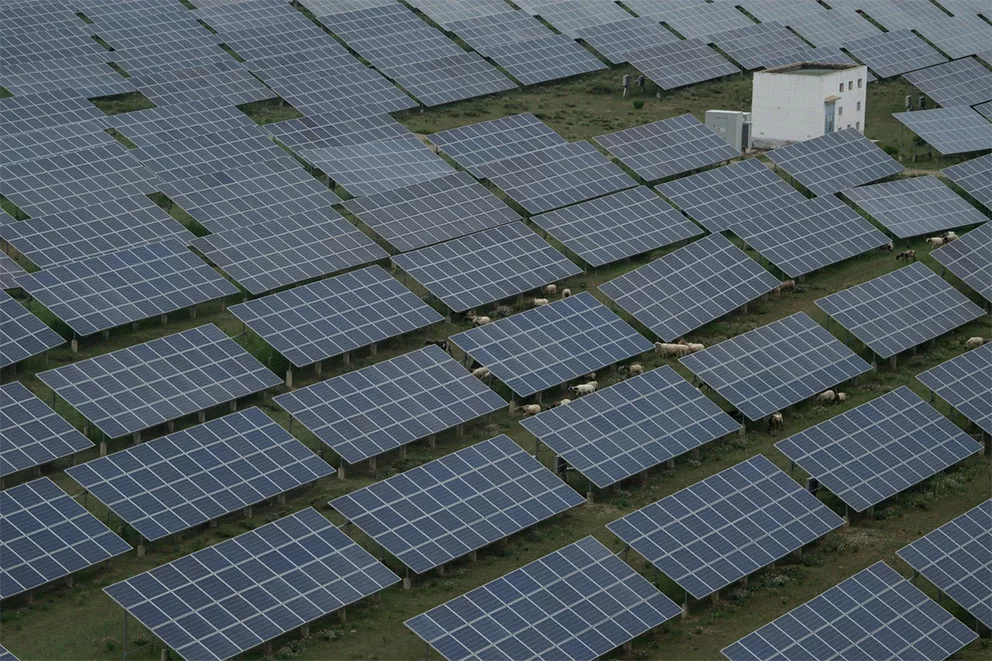China, the world’s largest emitter of greenhouse gases, is projected to reach its peak carbon emissions later than previously anticipated. A recent survey of 68 climate experts reveals that 70% expect emissions to peak around 2028, a shift from earlier predictions that suggested a peak by 2025 or sooner. This delay underscores the complexities of China’s transition to a greener economy. In September, the Chinese government announced ambitious climate targets, including a 7-10% reduction in emissions from peak levels by 2035 and a goal for non-fossil fuels to account for over 30% of energy consumption. By 2060, China aims to achieve carbon neutrality, aligning with President Xi Jinping’s vision of an ‘ecological civilization.’ These objectives highlight China’s dual role as both the largest emitter and a global leader in green technologies such as wind and solar energy, as well as electric vehicles. Despite these efforts, climate specialists argue that China’s current ambitions fall short of limiting global temperature rise to 1.5°C, the target set by the Paris Agreement. China’s climate policy is under close international scrutiny, especially given the U.S.’s temporary withdrawal from the agreement and mounting global pressure. China’s strategy is annually reviewed and refined through documents like the ‘Nationally Determined Contributions’ (NDCs), which outline national emission reduction targets. The upcoming COP30 climate conference in Brazil, starting November 6, is seen as a critical moment to assess whether China and other nations will contribute sufficiently to combating climate change. The conference follows preparatory events, including a business meeting in São Paulo and a ceremony in Rio de Janeiro, setting the stage for high-stakes negotiations. In summary, China faces the dual challenge of peaking its emissions in the coming years and then drastically reducing them. The interplay of political will, technological innovation, and international pressure will determine China’s continued leadership in the global climate transition.
